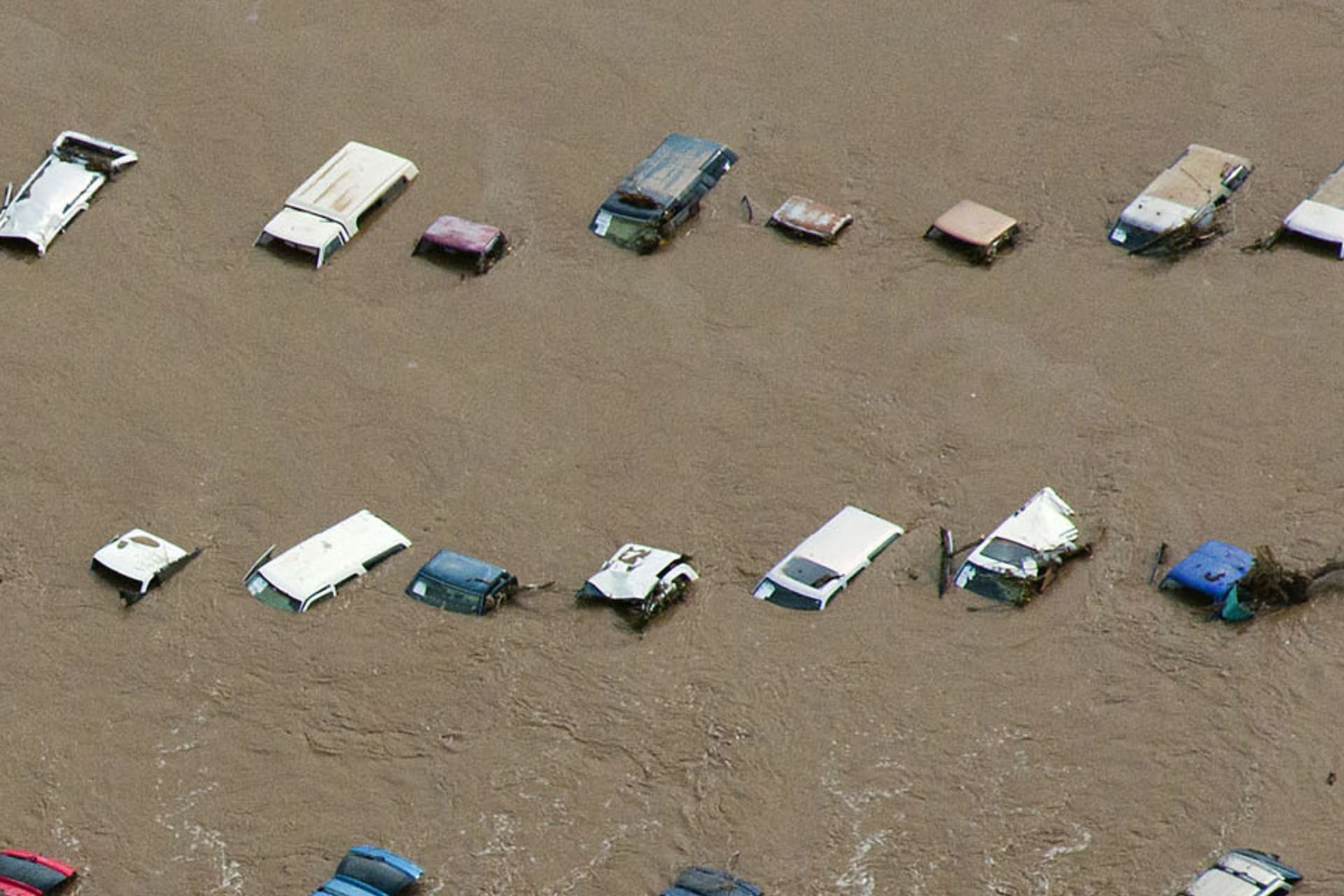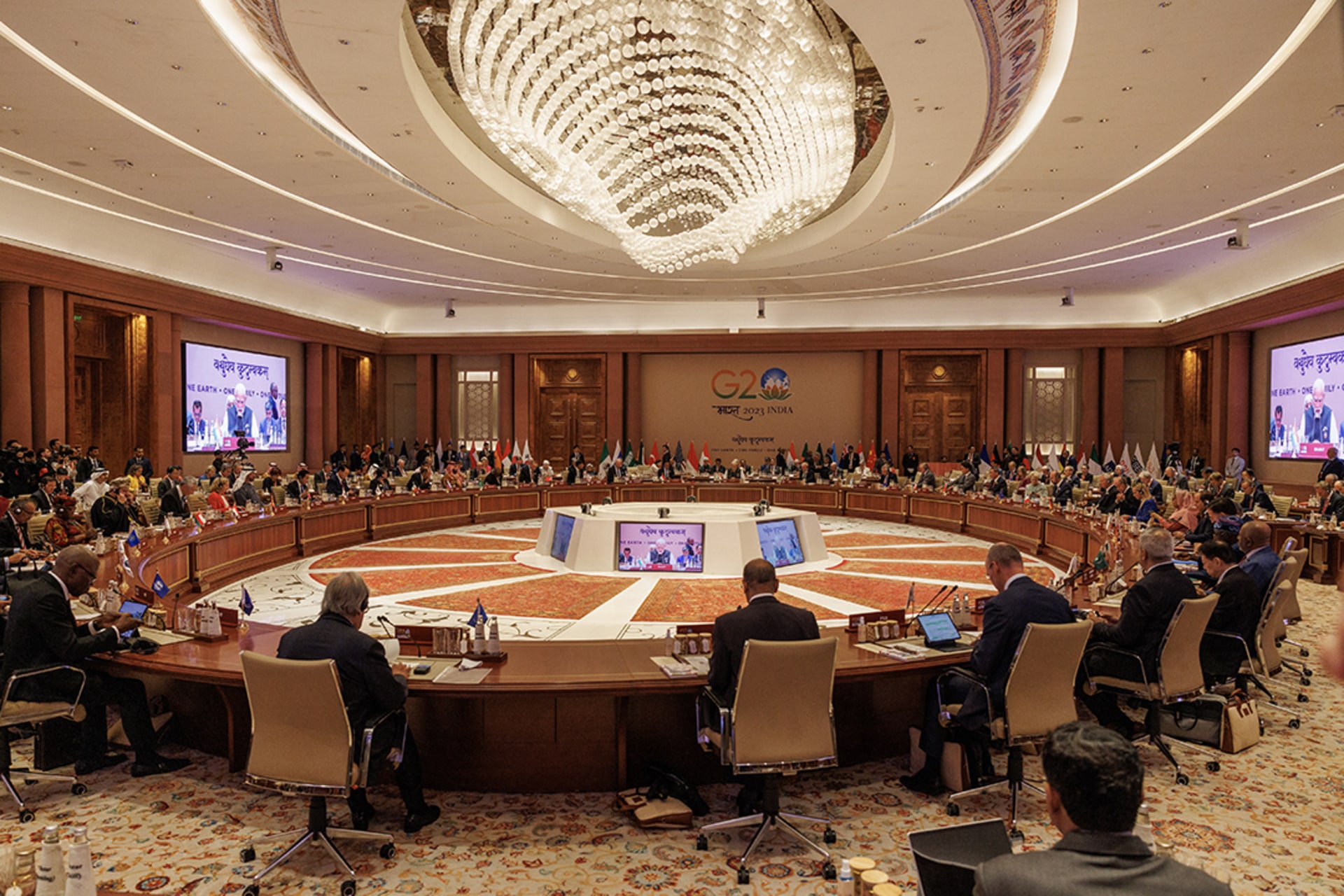SYRIA: U.S.-Syrian Relations
Published
This publication is now archived.
What’s the status of U.S.-Syrian relations?
Very strained. Relations with Syria, a supporter of terrorism, have never been warm, but they briefly improved after 9/11. Syria provided substantial intelligence on al Qaeda which, according to U.S. officials, helped save American lives. But experts say Syria still allows anti-Israel terror groups to operate more or less freely inside its borders, and, during the Iraq war, Syria appeared to be helping--or at least not hindering--jihadists moving across the Iraqi border to fight the U.S.-led coalition. As a result, President Bush has approved a new set of economic sanctions against Syria and is expected to impose some of them in April.
How will the new sanctions affect relations?
Because trade with Syria is already heavily restricted by other U.S. sanctions, many experts say their economic impact will be limited. On a political level, however, they will heighten U.S. pressure on the Syrian regime, with uncertain results. Sanctions proponents say that the measures will show the Syrians that the United States is serious when it demands action against terrorists and will push the regime to change. “It sends a message, that we are not just talking the talk, we are walking the walk,” says Matthew Levitt, a terrorism expert at the Washington Institute for Near East Policy. Other analysts say that the sanctions will interfere with intelligence-sharing. Even after the sanctions go into effect, the United States will maintain diplomatic ties with Damascus and continue discussions about terrorism and other issues.
What’s the basis for the long-time U.S.-Syrian animosity?
Syria, which the United States charges gives military and financial support to anti-Israel groups like Hamas and Hezbollah, has been on the State Department’s list of terror-sponsoring nations since it was created in 1979. Hezbollah has also targeted Americans; before 9/11, it had killed more Americans than any other terror group. The United States opposes Syria’s domination of Lebanon, where it maintains thousands of soldiers, and accuses Syria of having large stockpiles of chemical weapons, as well as conducting research into biological weapons. It also has human-rights concerns about Syria, an autocratic state ruled by the Baath [Arab Socialist] Party, which has a powerful state security apparatus, does not allow opposition political parties, and is routinely charged with using torture in its prisons, according to the U.S. State Department.
For its part, Syria has been in a state of war with Israel since 1948 and opposes U.S. policy that is supportive of Israel. Syria demands the return of the Golan Heights, a 450-square mile area occupied by Israel ever since the 1967 Arab-Israeli war. It regards Hezbollah as a legitimate anti-Israel resistance organization and acknowledges supporting it politically, though it has denied providing weapons to it. Similarly, it views Hamas and other Palestinian terror groups as freedom fighters, but says it hasn’t given them material support. Regarding Lebanon, Syrian officials say their troops have ensured peace since a 1975 civil war, and add that the Lebanese have not asked them to leave.
Have the United States and Syria cooperated in the past?
Yes, based on mutual interests. Among other things, Syria has participated in on-again, off-again U.S.-brokered peace negotiations with Israel, and fought alongside the United States in the 1990-1991 Gulf War to expel Saddam Hussein from Kuwait.
What sanctions already apply to Syria?
Because Syria is classified as a state sponsor of terrorism, the sale of any U.S. military equipment to Syria has been banned since 1986. Any so-called “dual-use” items--which can be used for civilian or military purposes--must receive a special license before they can be exported. No U.S. foreign aid has been provided to Syria since 1981. On the other hand, some trade between U.S. companies and Syria has been allowed to continue. Fewer U.S. sanctions apply to Syria than to any other country listed as a state sponsor of terrorism, according to the new legislation, which is intended to tighten up those loopholes. Syria is the only country on the terrorism list with full diplomatic relations with the United States.
What are the new sanctions?
They are part of the Syria Accountability and Lebanese Sovereignty Restoration Act,
which Congress passed overwhelmingly in November 2003 and President Bush signed into law the following month. It demands that Syria “halt all support for terrorism, end its occupation of Lebanon, stop its development of weapons of mass destruction,” and secure its border with Iraq by halting illegal imports of Iraqi oil and exports of weapons or other military equipment.
Until those conditions are met, the act bans all U.S. exports of military and dual-use equipment to Syria and lays out a menu of six additional sanctions, of which President Bush must choose at least two. But to give the president more negotiating room with the Syrians, he can also waive all the sanctions if he finds this “in the national security interest of the United States.”
What sanctions are on the menu?
- A ban on all U.S. exports to Syria except food and medicines.
- A ban on all U.S. business investment in Syria.
- A block on all financial transactions of the Syrian government that are subject to American jurisdiction.
- A ban on all Syrian aircraft in U.S. airspace.
- Restricted travel by Syrian diplomats in the United States; they would be allowed to travel only 25 miles from either Washington, D.C., or U.N. headquarters in New York.
- Downgrading diplomatic relations with Syria.
Which of the six is the president likely to impose?
News reports speculate that he is planning to impose the first three. No Syrian aircraft currently land in U.S. airports, making that sanction meaningless. Diplomatic contacts will likely not be curtailed, because U.S. diplomats find the continuing contact with Syrians useful, and Americans collect information and intelligence through the U.S. Embassy in Syria, experts say. “We want to maintain our embassy in Syria, we get more out of being there than they do,” Levitt says. In addition, a diplomatic presence in Syria is important in the event that stalled Israel-Syria peace negotiations restart, says Richard Murphy, a former ambassador to Syria and the Hasib J. Sabbagh senior fellow at the Council on Foreign Relations.
How much business is there between the United States and Syria?
U.S. oil companies, including ConocoPhillips Co. and Devon Energy Corp., have business interests in Syria, and Motorola Inc., a U.S. company, distributes cell phones there, according to The Washington Post. In the last year, Syria signed oil exploration deals with American companies worth $34 million, according to the Associated Press. In total, however, trade volumes remained relatively small, with $274 million in U.S. exports to Syria and $148 million in U.S. imports from Syria in 2002. Some press reports say that the new sanctions may include key exemptions, such as allowing the purchase of U.S. computers, cell phones, and communications equipment so that Syrians can continue to get information from the outside world. “The sanctions were the best they could come up with, given that there’s practically no base of trade or investment with Syria,” Murphy says. They will have limited impact, he says, “with the possible exception of the blocking of financial transactions.”
How did Syria help the United States after 9/11?
Syrian intelligence provided the United States with valuable information about lead 9/11 hijacker Mohammad Atta, who had worked in Aleppo in the mid-1990s, and other Qaeda figures. Syria, which held a temporary seat on the U.N. Security Council, voted with the United States to approve U.N. Resolution 1441 in November 2002, which found Iraq in “material breach” of previous U.N. resolutions ordering it to disarm. And Syria tried to improve U.S.-Palestinian relations by shuttering the press offices of radical Palestinian organizations based in Damascus in 2002.
Why did the relationship break down again?
The normal relationship between Syria and the United States has “always been filled with irritation on both sides, but last year, we got into a much more dangerous situation due to Syrian actions,” Murphy says. Syrian President Bashar al-Assad, who said Syria’s Security Council vote did not authorize the United States to invade Iraq, took one of the strongest anti-U.S. positions on the war of any leader in the Arab world. U.S. officials accused Syria of providing shelter to high-level Baathists--perhaps even Saddam Hussein’s sons, Uday and Qusay--and allowing military equipment and jihadist fighters to cross into Iraq. Of the 248 foreign fighters caught in Iraq by September 26, 2003, 123 of them were Syrian, according to the U.S. administrator in Iraq, L. Paul Bremer III.
Did Syria curtail its support for terror?
Many analysts say no. Damascus-based representatives of Hamas--including Khalid Mishaal, the head of its political bureau--Islamic Jihad, and other groups remained active. In addition, there were press reports that U.S. intelligence learned in January that a Syrian government plane transported arms from Iran to Hezbollah and Hamas in Lebanon, confirming that military aid to the groups was continuing. “It’s important to the United States that Syria look at the situation, that Syria understand that there is a changed circumstance in the world and the region, that Syria stop its support for terrorism,” said State Department spokesman Richard Boucher on March 11.
What’s the status of internal reform in Syria?
Syria is dominated by a small political and economic elite, many of whom are drawn from President Assad’s Shiite sect, the Alawis, who comprise some 12 percent of Syria’s population. President Hafez Assad, who was president from 1970-2000, brutally clamped down on any internal dissent, and some commentators hoped that his son, Bashar, would move to modernize Syria and loosen the police state when he took office. But after a brief softening of restrictions in 2000, experts say Syria again jailed political opponents, and economic change remains extremely slow-paced. Syria has been under a state of emergency tantamount to martial law since 1963.t
Colophon
Staff Writers
- Sharon Otterman





